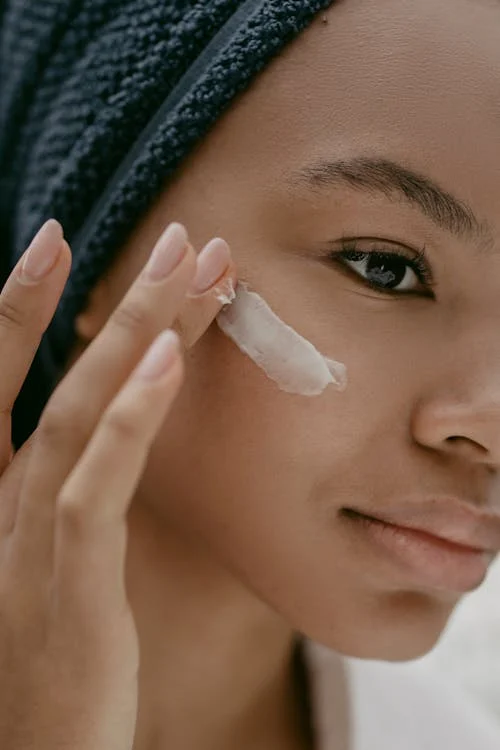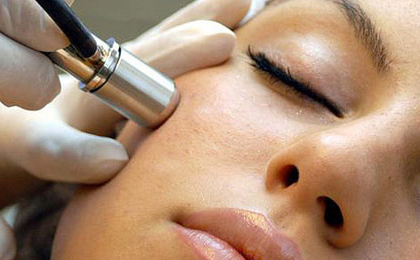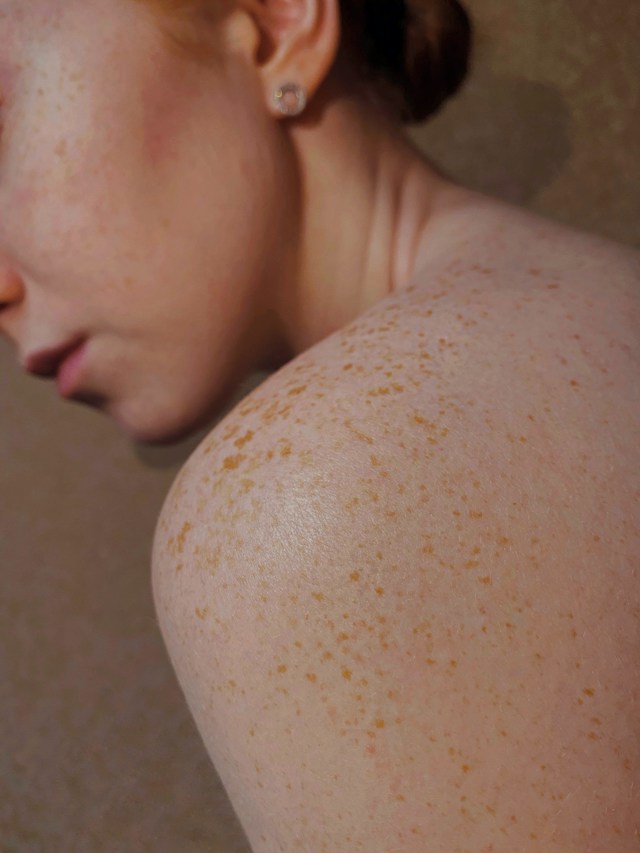Acne is a skin disease that is very widespread and known to affect a large number of individuals globally. Although it is commonly linked to young people, it can affect anyone. Acne is not only painful but also makes you feel embarrassed; however, knowing how to avoid it is useful. From facial cleansers to diets, here are some tips to prevent acne and have clear skin.
Adhere to a Healthy Skincare Plan
Cleanse Regularly
Washing your face at least twice a day is a key practice in the removal of oils, dead skin cells, and other deposits that can accumulate on the skin, block the pores, and cause acne. Cleansers that are mild, non-abrasive, and non-clogging should be used. If you have oily skin or you are prone to acne, you should try use a cleanser with salicylic acid or benzoyl peroxide as these active substances are useful for regulating sebum production and preventing acne.
Exfoliate
Exfoliating also assists in the elimination of the dead skin cells that may block the skin pores. Nonetheless, when one exfoliates the skin too much, it leads to inflammation of the skin and aggravate acne. It is recommended to exfoliate the skin 1-2 times a week and use gentle exfoliators with ingredients such as glycolic acid, salicylic acid, etc. Do not use harsh cleansers that can harm the skin barrier.
Moisturise Daily
Oily skin also requires moisturising as much as any other skin type. Hydrate your skin using a non-acnegenic lotion or cream to protect your skin from getting too dry. Hydrating products that contain hyaluronic acid or niacinamide will not cause acne but can hydrate the skin.
Use Sunscreen
It is vital for everyone to protect their skin from the sun. When choosing sunscreen, it is recommended that you go for the ones that are broad-spectrum and have an SPF of 30 or higher. It is recommended to use oil-free or non-acnegenic products to prevent the blockage of the pores. It is best to avoid the sun as this can worsen acne and cause post-inflammatory hyperpigmentation.
Adopt Healthy Lifestyle Habits
Healthy Diet
Eat fruits, vegetables, whole grains lean meats, and lean proteins in your diet. It is advisable to consume foods that contain antioxidants, vitamins (vitamins A and C), and minerals (zinc) as they are good for the skin and may help prevent acne. Avoid foods that are high in glycemic index, these include sweet products and refined carbohydrates as they can raise blood sugar levels and hence contribute to acne.
Stay Hydrated
Staying hydrated keeps the toxins w they are eliminated from the body and the skin looking fresh. It is recommended that at least 8 glasses of water should be taken in a day. Maintaining a good water intake is healthy for the skin and can go a long way in controlling oil secretion.
Exercise Regularly
Exercising frequently enhances blood circulation hence helping in stress management and both of these factors are vital for the health of one’s skin. However, it is recommended to clean your skin after a workout to eliminate the sweat that may block the pores.
Manage Stress
Stress may lead to or worsen acne as stress leads to the production of some hormones such as cortisol. Find ways to manage stress such as taking a relaxation technique such as meditation, yoga, deep breathing, or indulging in activities that you like.
Products Used on your Skin
Choose Non-Comedogenic Products
When choosing the skincare and cosmetic products, it is advised to look for the labels that say “non-comedogenic” or “oil-free. ” These products have been developed to minimize the chances of blocking the pores. Do not use oil-based or extremely rich products that can worsen the condition of the skin with acne.
Avoid touching your face
People touch their face often, they transfer bacteria, oil, and dirt from the hands to the face, which results in acne. This is a bad habit; ensure that you do not touch your face too often.
Clean Your Makeup Brushes
Bacteria and oils from the skin can build up on makeup brushes and cause acne. It is recommended to clean your brushes and applicators with a mild soap or a brush cleaner to remove any dirt buildup.
Do Not Go to Bed with Makeup On
It is very important to ensure that you remove make-up before you go to sleep. Wearing makeup to bed is a no-no as it leaves residue on the skin that clogs the pores and causes acne. Cleansing the skin properly is important, especially before removing makeup; it is recommended to use a mild makeup remover and then a cleanser.

Only Take Medications and Undergo Treatments When Necessary.
Consider Over-the-Counter Treatments
Acne can be prevented and treated with the help of various over-the-counter medications. Search for products that have active ingredients such as benzoyl peroxide, salicylic acid, and alpha hydroxy acid (AHA). These ingredients assist in the fighting of inflammation, unblocking of the pores, and the removal of dead skin cells.
Consult a Dermatologist
Persistent or severe acne should be discussed with a dermatologist. A dermatologist may offer suggestions and may advise the use of topical or oral medications including retinoids, antibiotics, or hormonal agents for the treatment of acne prevention.
Beware of the Home Remedies
Consequently, although some home remedies like honey masks or green tea extracts might help to some extent they should be approached with the aforementioned precautions. Not all the natural treatments are scientifically proven and some of them may cause more harm by itching the skin or increase acne. It is recommended that one should never introduce a new product or medicine on the skin without first conducting a patch test on the skin first.
Lifestyle Changes
Do Not Sunbathe
Overexposure to the sun can harm the skin and worsen the appearance of post-acne marks. Apply sunscreen lotion and wear protective clothing when in the sun. Avoid tanning beds which are known to cause acne and harm the skin.
Avoid Smoking
In addition, smoking affects the skin because it compromises the flow of blood, and this in turn hampers the healing of damaged skin. Smoking is also bad for the skin and can lead to acne-related problems, thus, quitting the habit can be beneficial.
Get Adequate Sleep
A good number of hours of sleep is required for the body especially the skin to repair itself. To support skin’s basic rejuvenation, it is recommended that you should sleep for 7-9 hours a day.
There are several ways through which acne can be prevented and these include; Taking care of the skin, leading a healthy lifestyle and the products that one uses. Thus, a proper skincare regimen, the introduction of positive changes in the daily routine, and the management of environmental conditions can go a long way in preventing acne and achieving a healthy, clear complexion. It is crucial to note that every skin type and requirement differs from one person to another; therefore, the above recommendations should be adjusted according to the users’ specific conditions. If the acne problem is chronic or very severe, then it is advisable to consult a dermatologist who can help the individual with some more effective measures. Thus, it is possible to attain and keep a clear complexion if you follow the right procedure.




